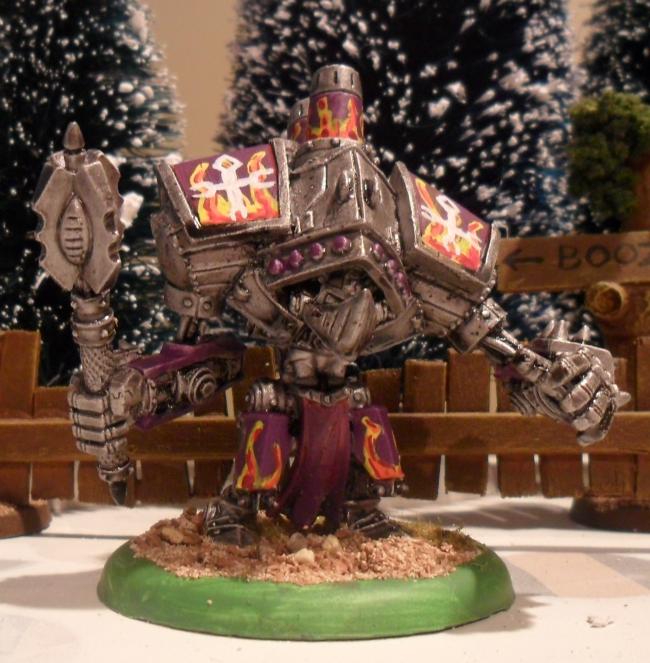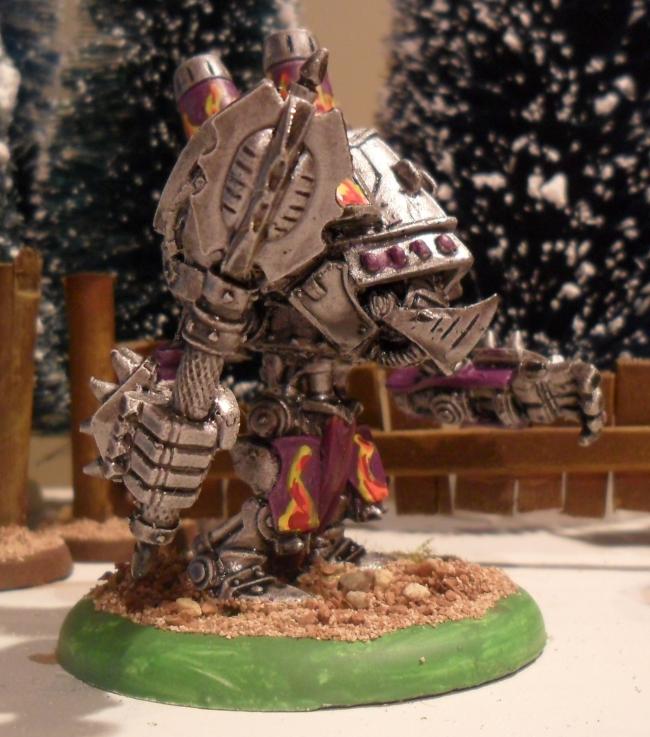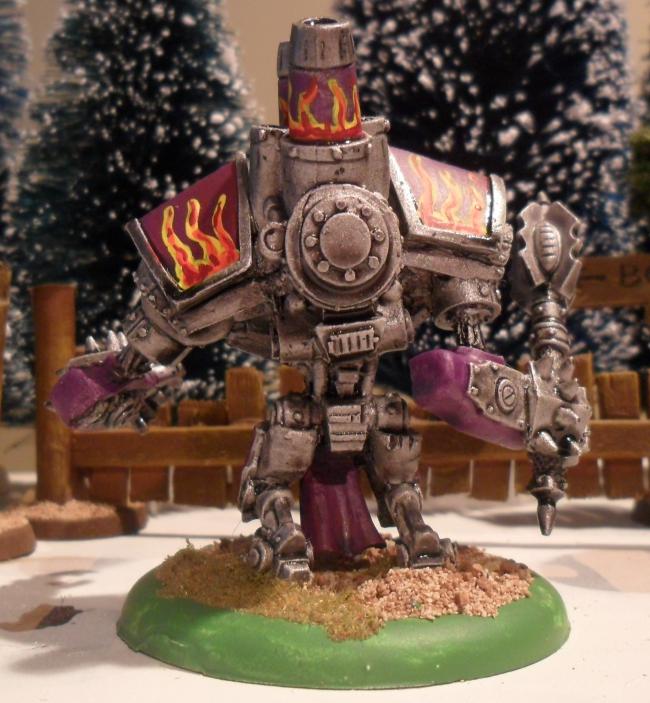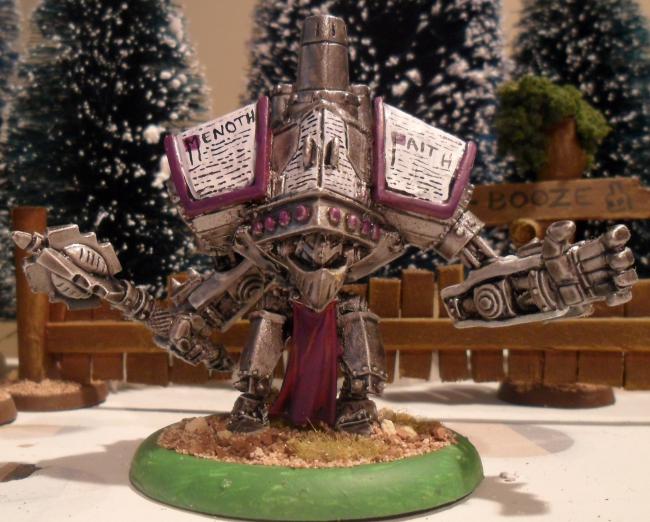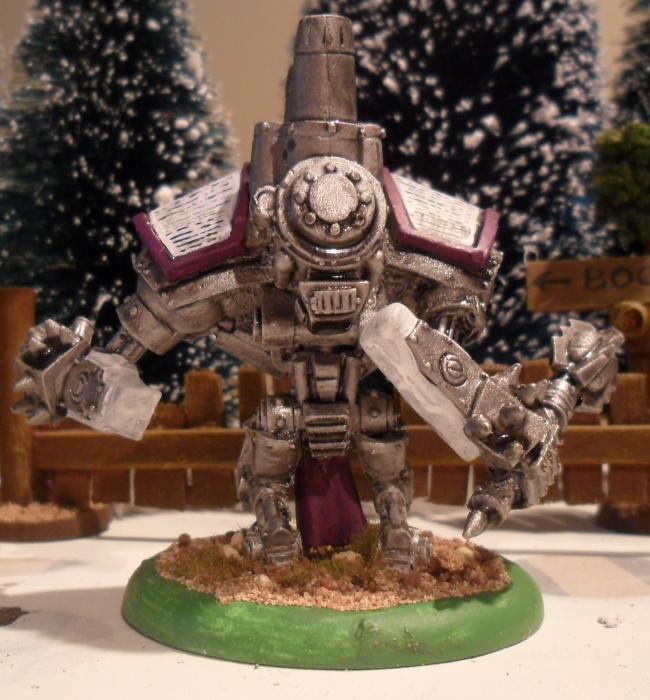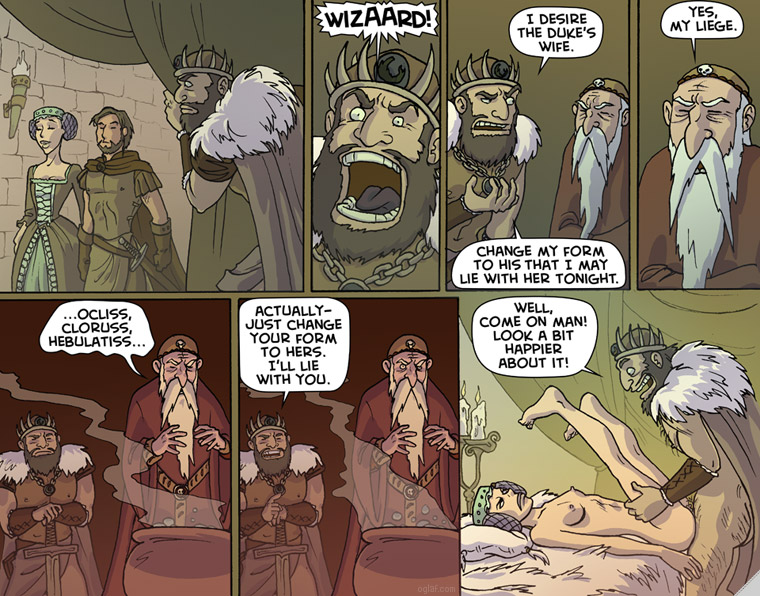When I was born, my parents lived in a small 'burb (used to be distant 'burb, not so much anymore) on the banks of the Richelieu River. This peaceable river flows gently northwards towards the St Lawrence. But if one goes south, one reaches Lake Champlain (and from there one can sail down the Hudson to New York).
The name "Richelieu" meant very little else to me.
But as I grew up, I learned of the man behind the River's name and always felt a strange attachment to him. I know it sound strenuous, but it is true.
 The Cardinal was a man ahead of his time. A Catholic, he applied principles of that would one day be known as "Realpolitik", to steer France towards the Golden Age that would follow under Louis XIV. Unwilling to bow to the more powerful Habsburg who ruled Spain, Austria and the Netherlands, he allied himself with Protestant powers like Sweden. He sent ambassadors to Muslim Turkey. In North America, he expanded the colonies (my own family came here around the time the Cardinal was named Prime Minister).
The Cardinal was a man ahead of his time. A Catholic, he applied principles of that would one day be known as "Realpolitik", to steer France towards the Golden Age that would follow under Louis XIV. Unwilling to bow to the more powerful Habsburg who ruled Spain, Austria and the Netherlands, he allied himself with Protestant powers like Sweden. He sent ambassadors to Muslim Turkey. In North America, he expanded the colonies (my own family came here around the time the Cardinal was named Prime Minister).
Thus under Richelieu, we find the seeds of what would make France great for the next two centuries(ish). Through him and his iron-fisted rule also form the seeds that will destroy the house at the end of the 18th century.
He was a man of vision, but not an easy man to get along with. He does not take orders, but gives them. He was more powerful than some princes of the realm were. He made himself immensely rich, and continued the appeasement policy of Henry the Fourth while breaking the power of the Huguenots - allowing Louis the XIV to revoke the Edict of Nantes fifty years later.
I can see how modern day storyteller find in him a good villain, but really he walks the razor between friend and foe throughout "Les Trois Mousquetaires". He appears as a complex man with complex goals. He dislikes Ann of Austria (and though I do not remember, I believe he would have been in conflict with the Queen Mother at the time of the book), but his dedication to France and the King is unquestioned and undoubted.
For all these reasons, Richelieu is a man who makes a great ally/rival/enemy. He is nominally on the same side as the PCs, but his goals frequently put him at odds with them. The PCs have to walk a similar razor edge to avoid becoming him permanent enemies, and force him to act against them. More likely, they will act against one of his lieutenants, such as the Comte de Rochefort or Milady de Winter.
The "Richelieu" type is one of the NPCs that I like to use a lot and often in my own games. I find that it makes the world feel richer, especially when contrasting them with the more single-minded type who takes the more Manichean a "with me or against me
Using him (as an ally) perhaps the best and most interesting way to use him. As someone extremely powerful, he has his own agenda and set of goals he wants to accomplish. When planning elements of the campaign, think of ways for him to be "mostly" on the PCs' side, but every once in a while, their goals are at odds with each other, over a third party. They all know they are on the same side - mostly - but not on this.
Using him (as an opponent) as a man of power, he cannot "simply" be removed with major consequences. Here we are not talking about beating down his door and exacting some righteous revenge. He is a competent stateman and his removal may not bode well for the faction the PCs support. Like him as an ally, he is likely to make overture to his enemies to work together against a third power. Yet he would work tirelessly to promote his own goals.
JP







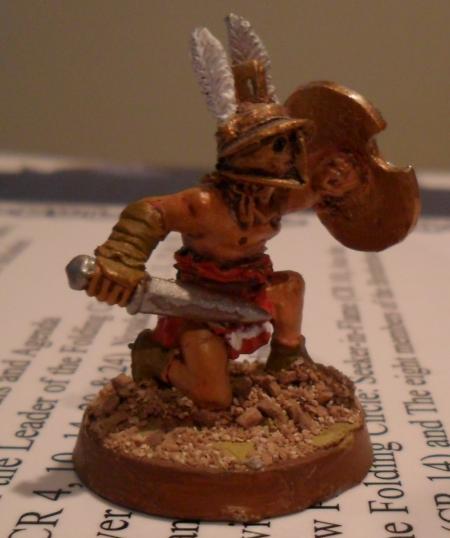
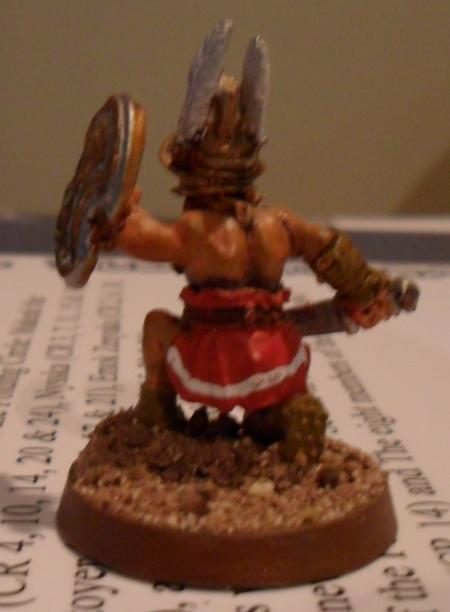
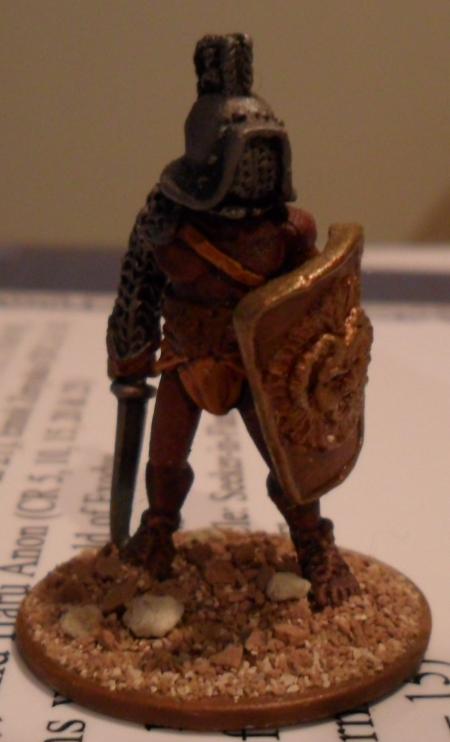
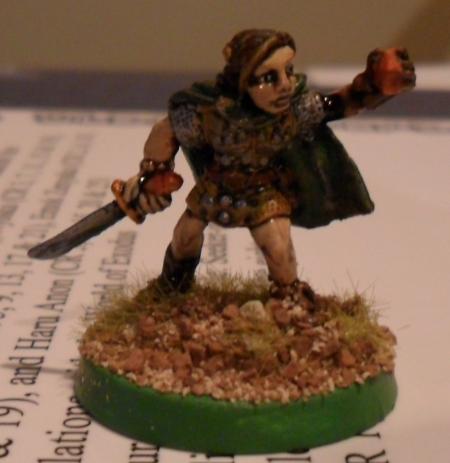
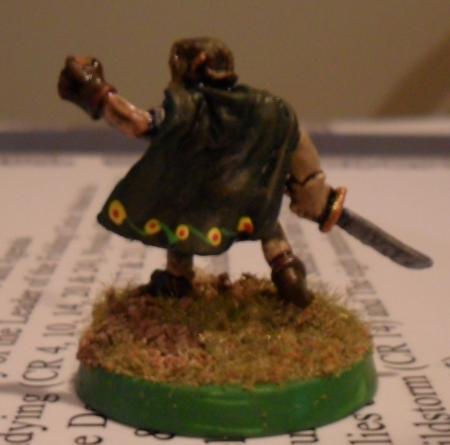
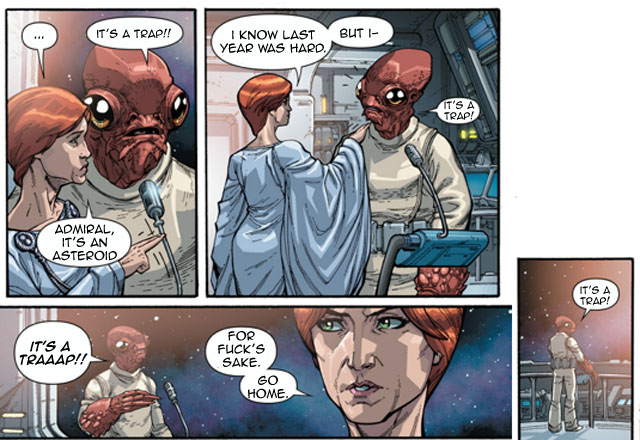



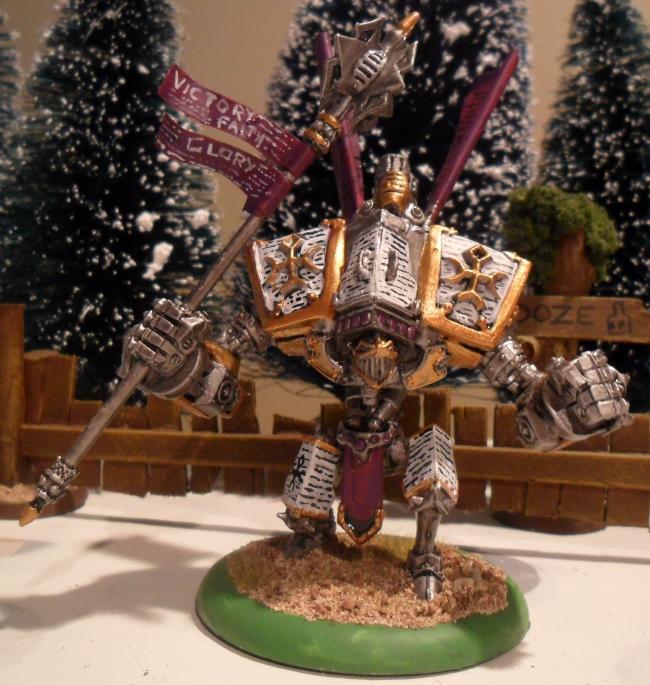
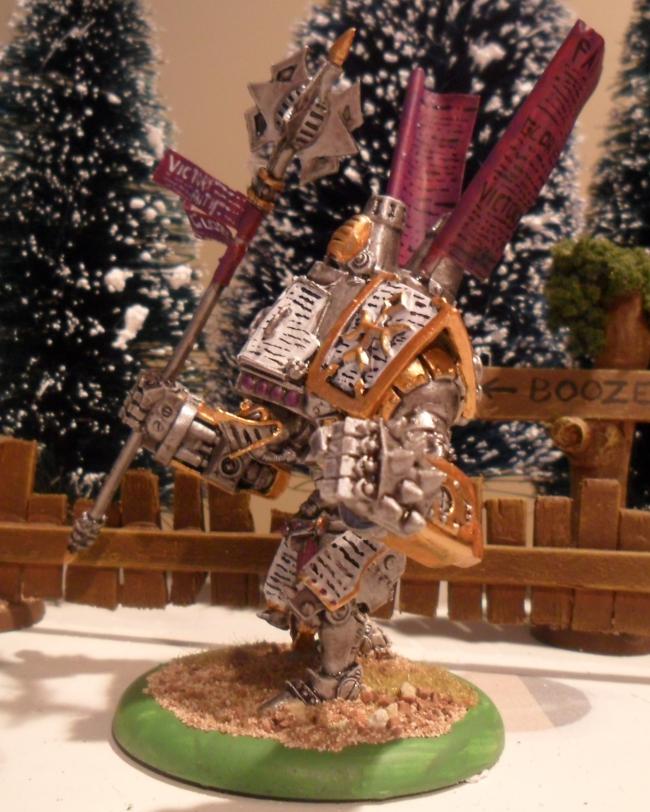

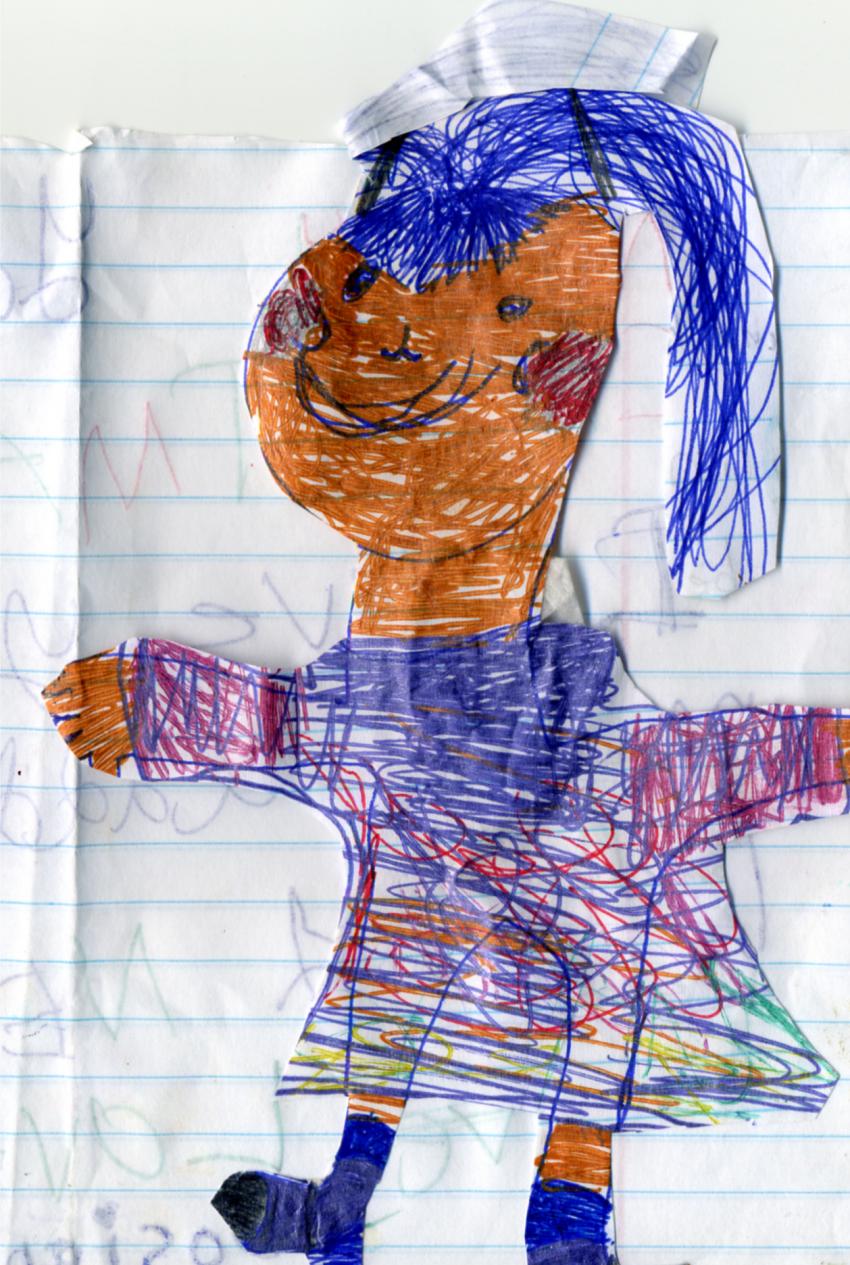

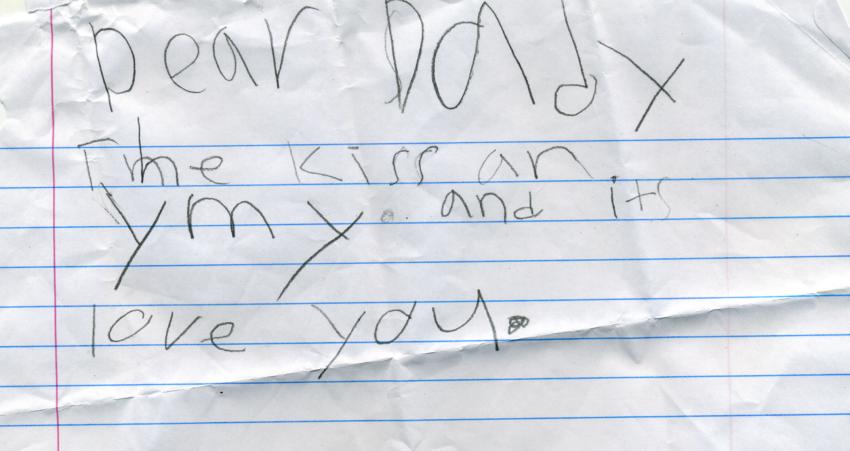
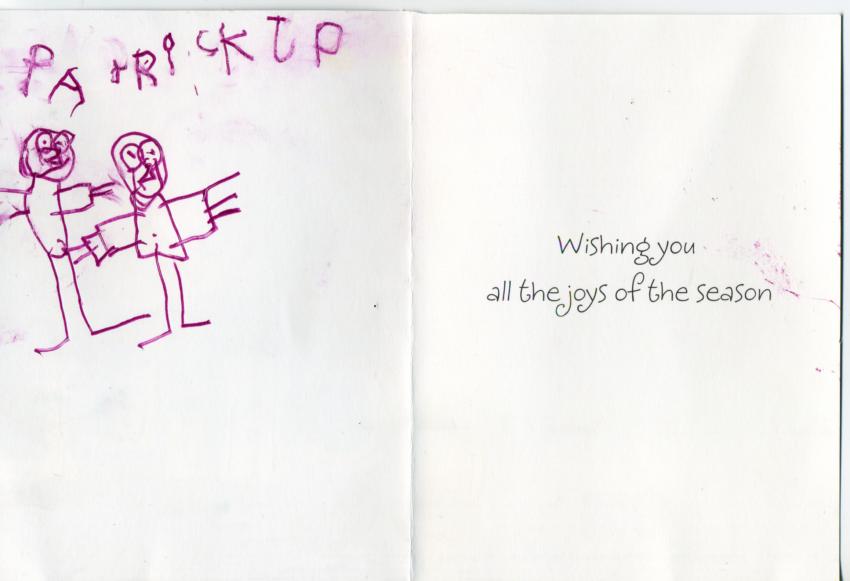
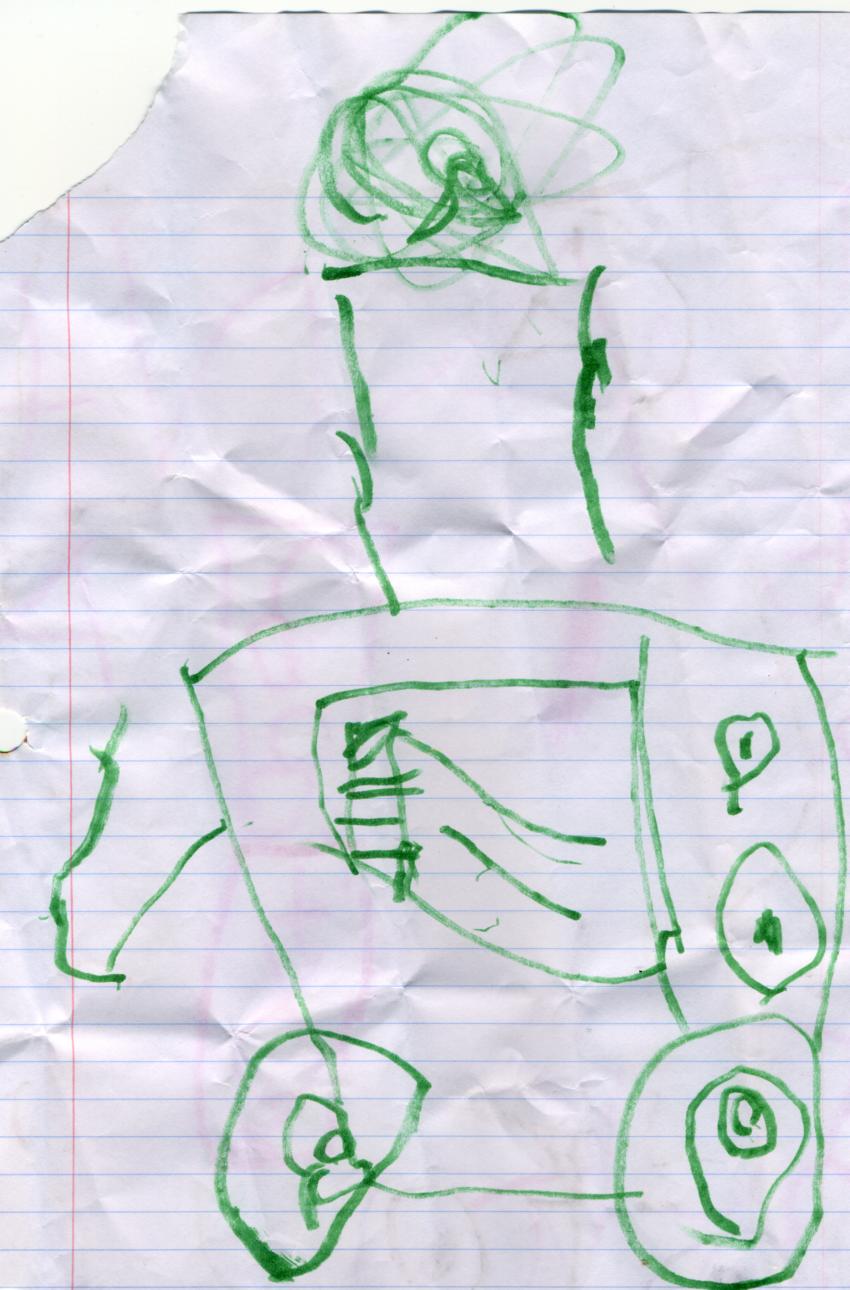













 The Cardinal was a man ahead of his time. A Catholic, he applied principles of that would one day be known as "Realpolitik", to steer France towards the Golden Age that would follow under Louis XIV. Unwilling to bow to the more powerful Habsburg who ruled Spain, Austria and the Netherlands, he allied himself with Protestant powers like Sweden. He sent ambassadors to Muslim Turkey. In North America, he expanded the colonies (my own family came here around the time the Cardinal was named Prime Minister).
The Cardinal was a man ahead of his time. A Catholic, he applied principles of that would one day be known as "Realpolitik", to steer France towards the Golden Age that would follow under Louis XIV. Unwilling to bow to the more powerful Habsburg who ruled Spain, Austria and the Netherlands, he allied himself with Protestant powers like Sweden. He sent ambassadors to Muslim Turkey. In North America, he expanded the colonies (my own family came here around the time the Cardinal was named Prime Minister).
